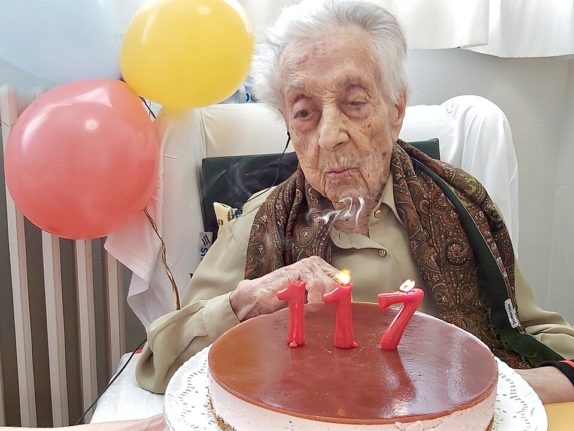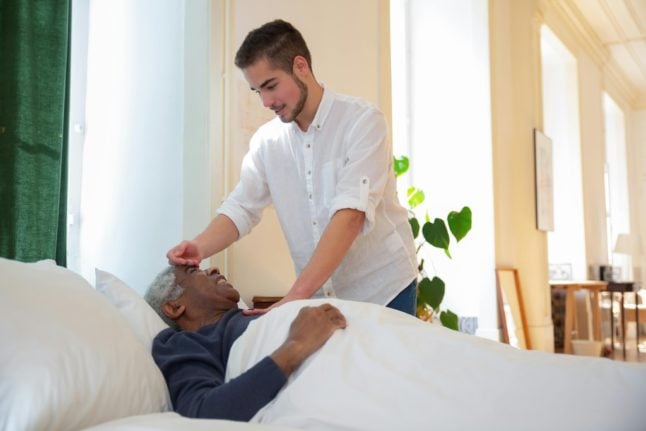“Maria Branyas has left us. She died as she wished: in her sleep, peacefully and without pain,” her family wrote on her account on social network X.
“We will always remember her for her advice and her kindness,” they said.
La Maria Branyas ens ha deixat. Ha mort com ella volia: mentre dormia, tranquil·la i sense dolor.
Fa uns dies ens deia:
“Un dia me n'aniré d'aquí. No tornaré a provar cafè, ni a menjar iogurt, ni a acaronar a la Fada…, deixaré també els meus records, les meves reflexions… 👇— Super Àvia Catalana (@MariaBranyas112) August 20, 2024
Branyas, who had lived for the last two decades in the Santa Maria del Tura nursing home in the town of Olot in northeastern Spain, had warned in a post on Tuesday that she felt “weak”.
“The time is near. Don’t cry, I don’t like tears. And above all, don’t suffer for me. Wherever I go, I will be happy,” she added in the account which is run by her family.
Guinness World Records had officially acknowledged Branyas’s status as the world’s oldest person in January 2023 following the death of French nun Lucile Randon aged 118.
In the wake of Branyas’s death, the oldest living person in the world is Japan’s Tomiko Itooka, who was born on May 23th 1908 and is 116 years old, according to the US Gerontology Research Group.
READ ALSO: Why do people in Madrid live longer than anywhere else in the EU?



 Please whitelist us to continue reading.
Please whitelist us to continue reading.
Member comments